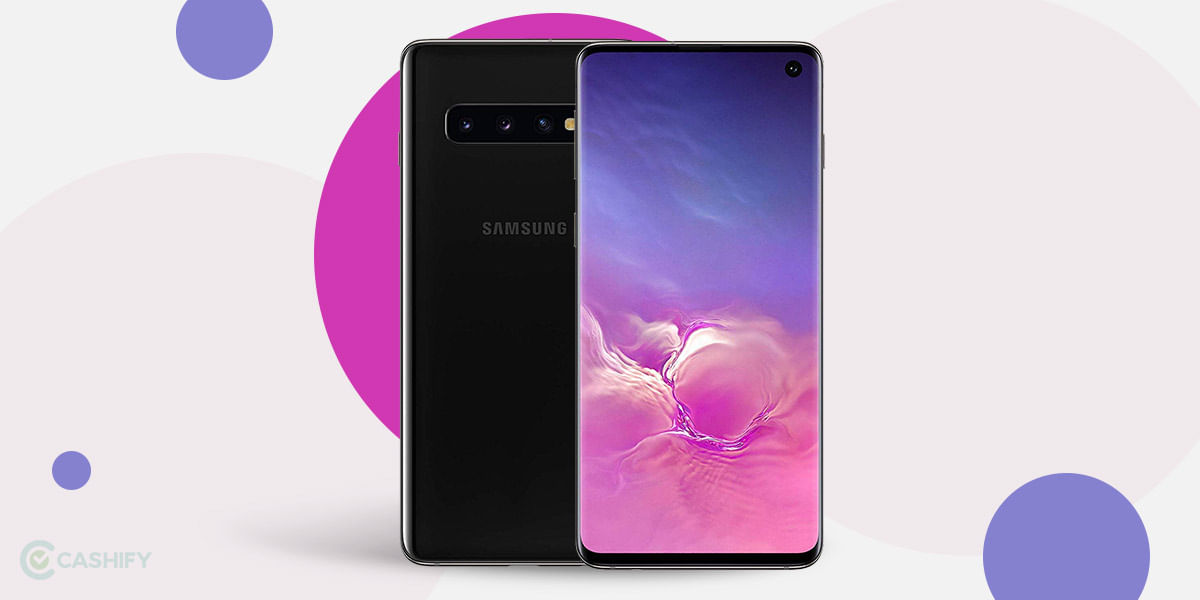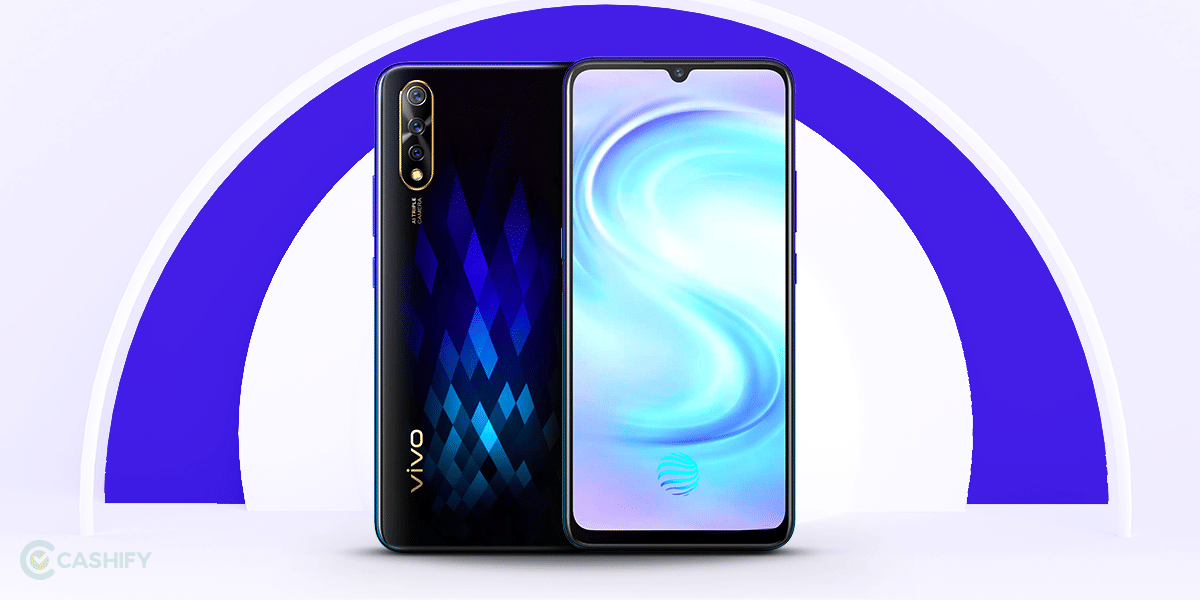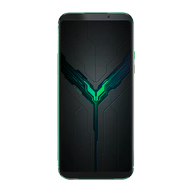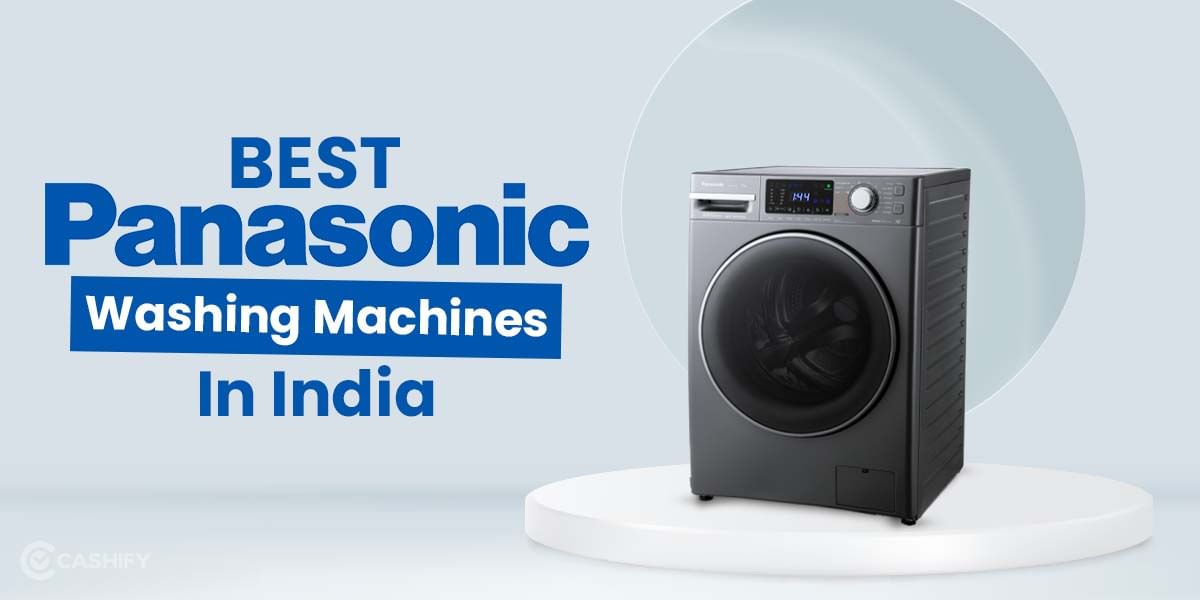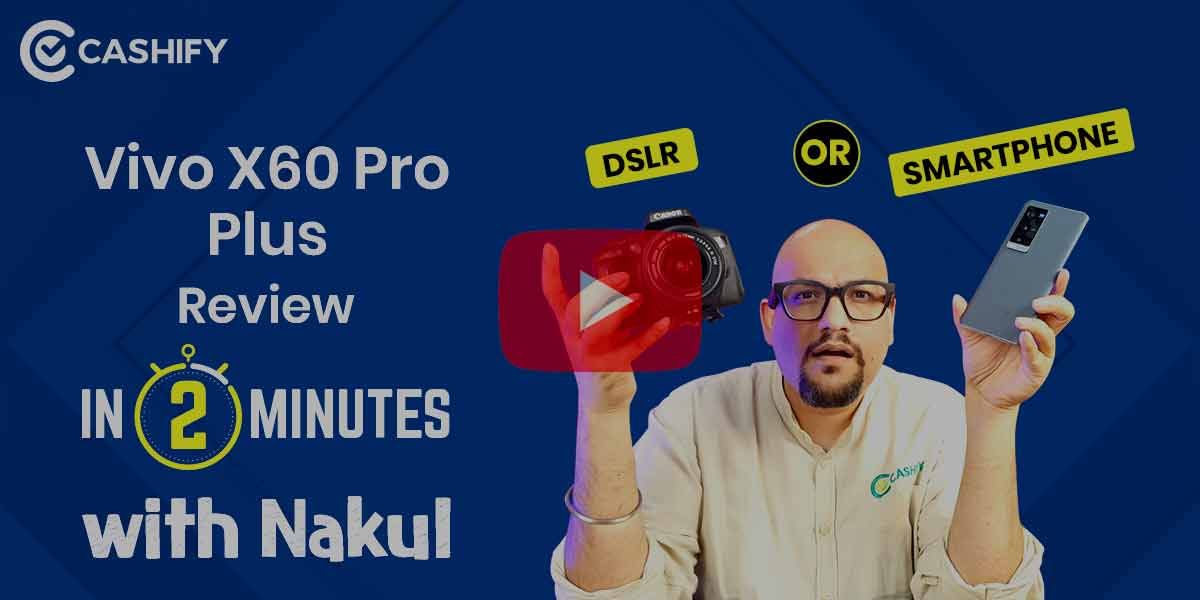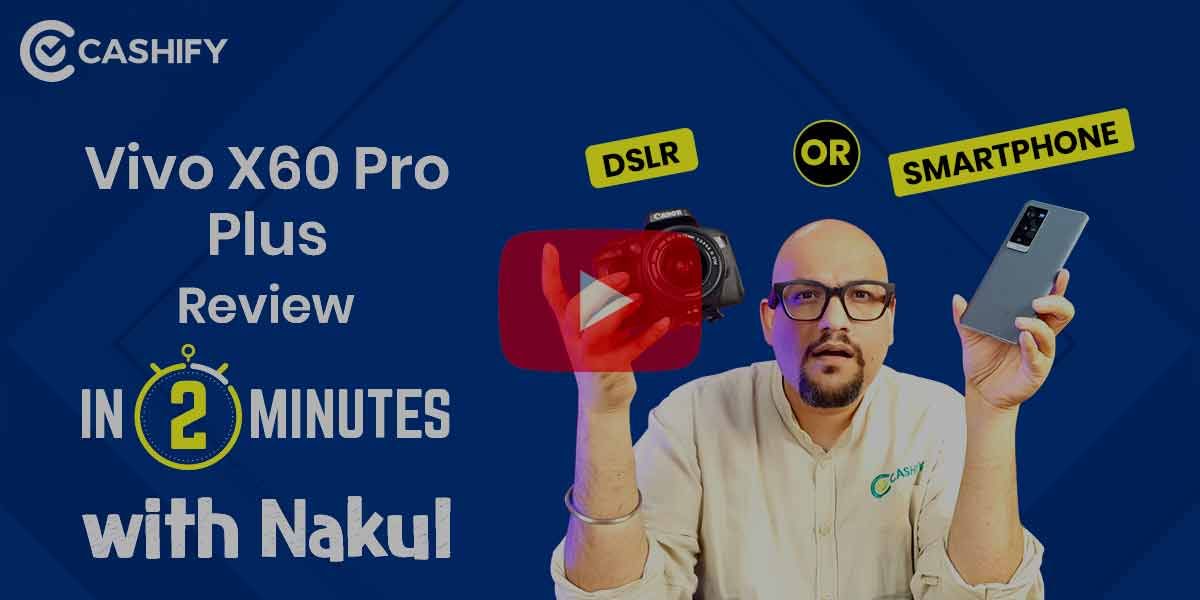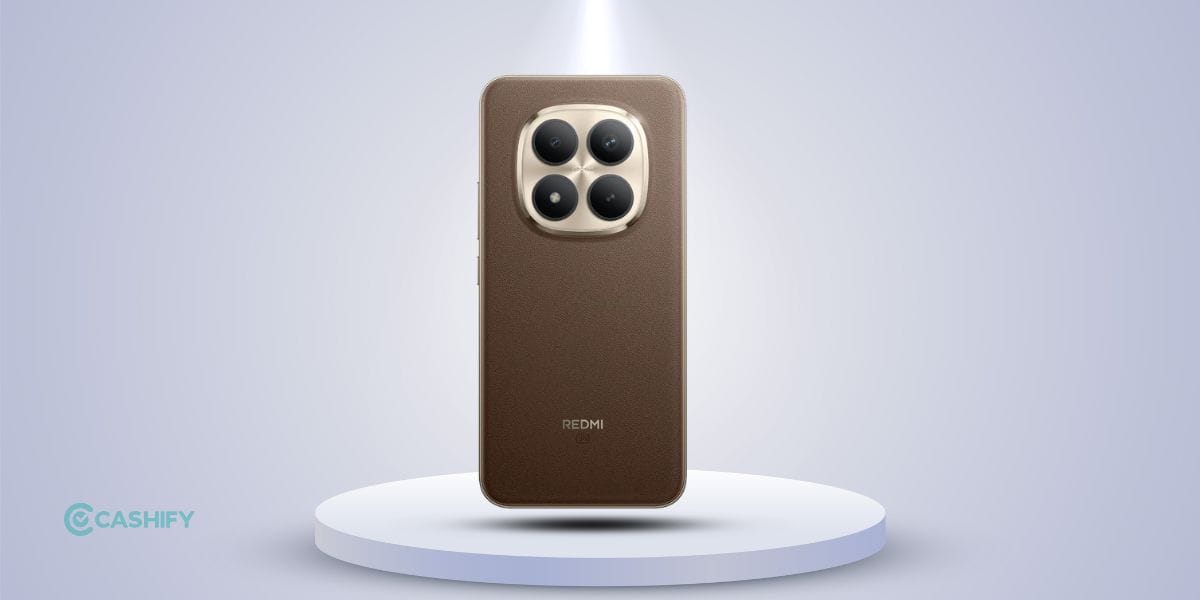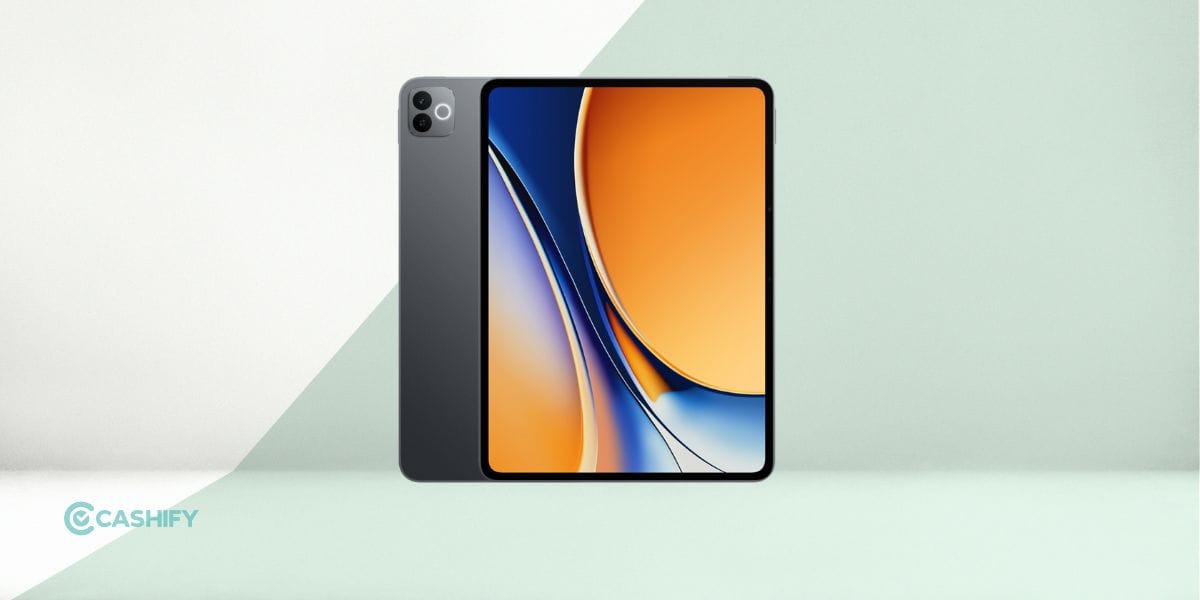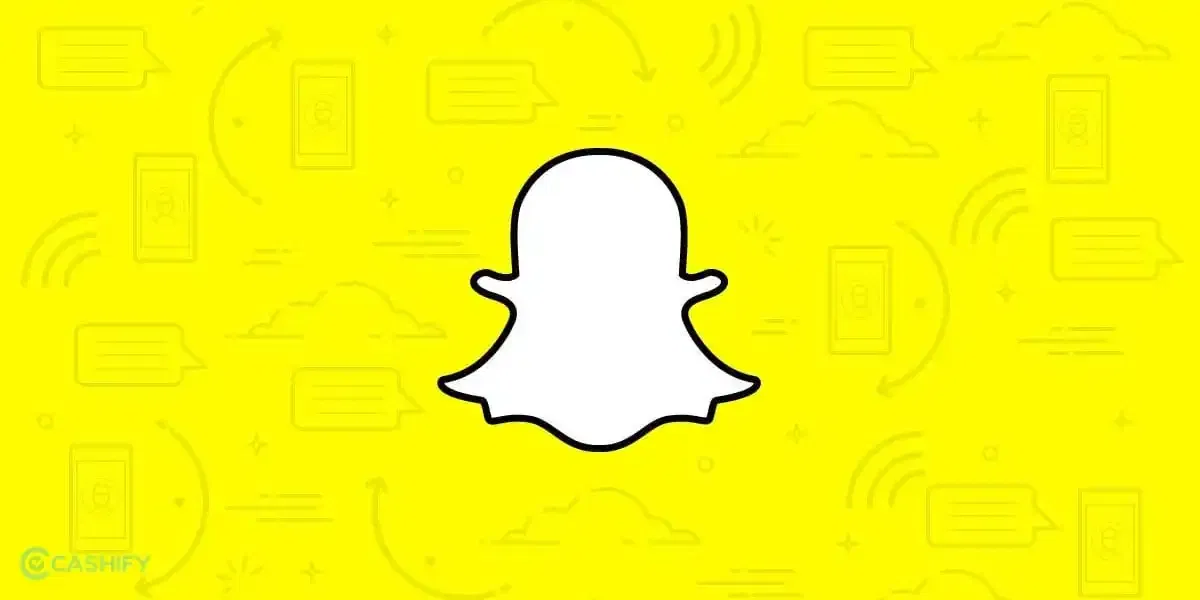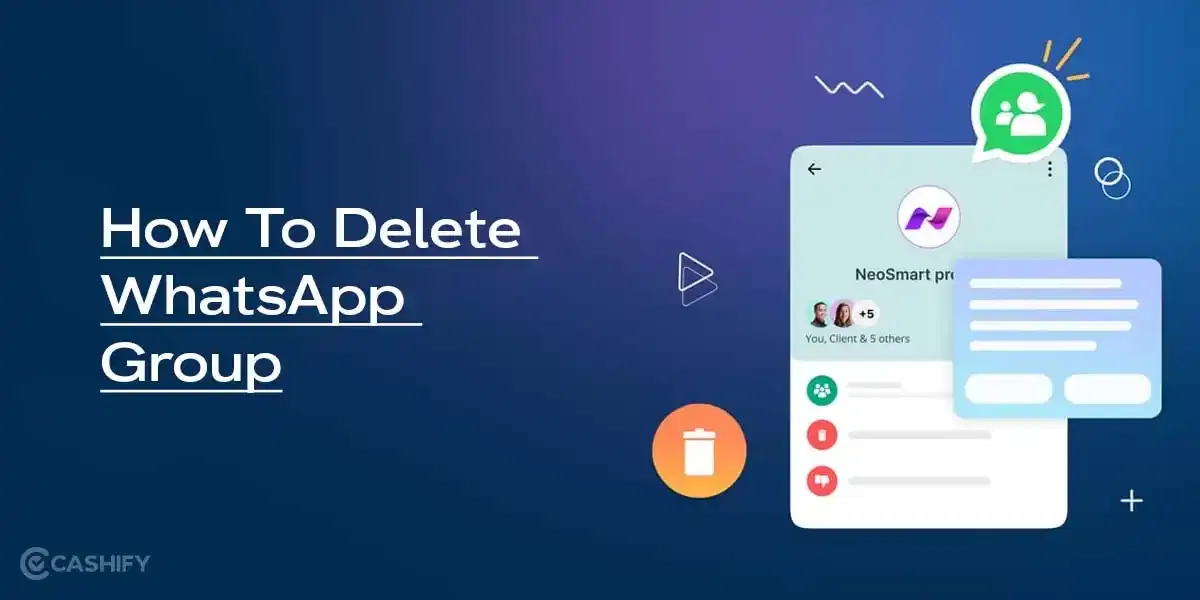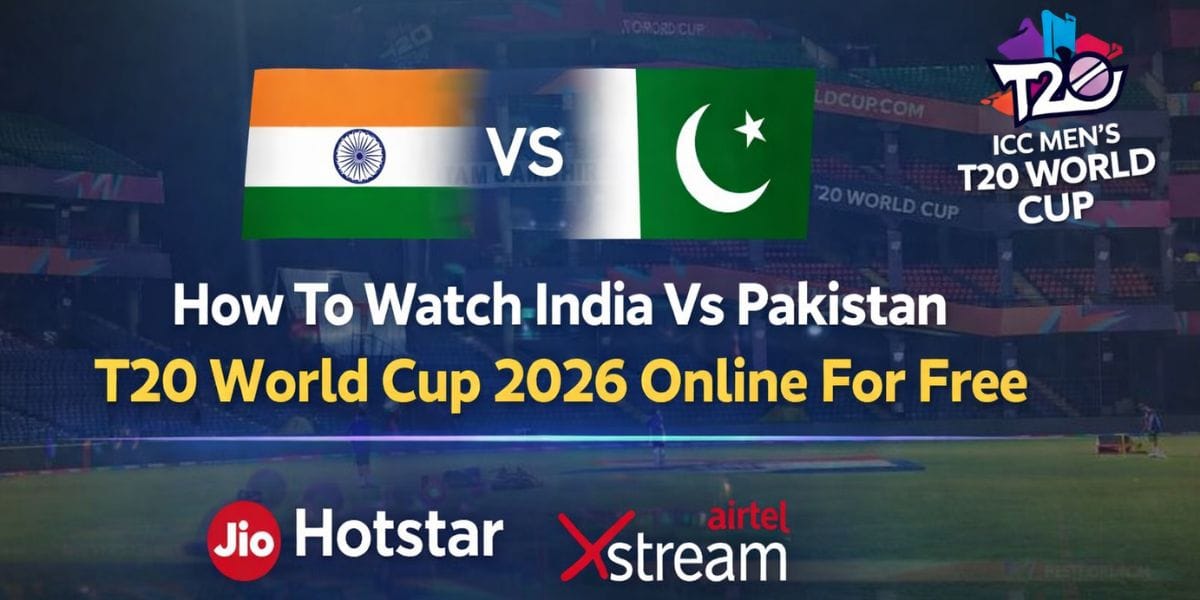Introduction
Smartphone gaming is on the rise worldwide and the gaming companies getting serious with their games and taking them on the next level. With the likes of Tencent, Ubisoft, Activision Blizzard, and many others going the extra mile and putting their best foot forward to bring the similar king of the gaming experience as of the PC to mobile devices. One such company Black Shark is coming out with its brand-new gaming mobile device in the market, The Black Shark 2.
The new brand is often confused as a part of Xiaomi which is not entirely true. Xiaomi has invested in the company, but Black Shark is not a wholly-owned subsidiary and Xiaomi has no direct role to play in its functioning.
Let’s have a look at the stunning power-packed device…
Price in India, Variants, Availability
Black shark 2 is available in India on Flipkart exclusively for INR 39,999 which is the 6GB RAM/128GB storage in Shadow Black color and the 12GB RAM/128 GB storage in Frozen Silver for INR 49,999. There are offers on select credit/debit cards on Flipkart.
Box Contents
The Black Shark 2 comes in a huge box (the higher variant only) which includes a pair of gaming earphones (not available in the 6GB RAM variant), Type-C to 3.5mm headphone jack converter, a transparent case, USB-C plug, a 27W-rated charger, and the USB-C cable and a SIM ejection pin is also around. The Black Shark 2 has a thin screen protector applied in the factory, so if you need one – it’s already there and you won’t need to go shopping right away.
Key Specifications
Let’s see what the device packs in:
Display: 6.40-inch IPS LCD Full HD+, 19:5:9 ratio, Corning Gorilla Glass 6
CPU & GPU: Snapdragon 855, Adreno 640
RAM & Storage: 6GB/8GB, 128GB/256GB
Rear camera: 48MP F1.7 OIS+EIS, 12MP secondary sensor
Selfie camera: 20MP
Battery: 4000mAh capacity with 27Watt charging capacity
Security: On-screen fingerprint sensor
Design and Build
The device is built to attract gamers and it does so very well. It has a well-lit body and side panels just like a gaming system has which can change colors. The design of Black Shark 2 is mean (in a good way), things have gotten a little bigger and heavier, with it weighing 15g more and packing a taller body than the original. Despite being bigger, it’s slightly slimmer, at 8.8mm, so isn’t particularly chunky, and the whole phone just looks that bit more refined too.
With on-screen buttons, there isn’t much extra faff on the fascia, though above and below the display there’s a pair of welcome front-firing stereo speakers, while at the top of the phone’s front there’s a 20MP selfie camera.
The overall look is reminiscent of the first Black Shark, with a Batmobile-style armored aesthetic that kind of looks like a matte black Lexus RX if you squint. There are heavy beveling and a green trimming around the front of the Black Shark 2, grabbing the light and glinting nicely.
The back of the phone is a tale of twos – two beady eyes form the dual-camera and two materials are showcased beautifully – namely glass and matte metal. In the center of it all lies a light-up Black Shark logo, which illuminates to the visual tune of a full spectrum of RGB colors this time around.
To the left, there’s a volume rocker, and to the right, a power button and toggle to transport users into Shark Space, the phone’s gaming center. At the base, there’s a USB-C port, and on either side are light-up RGB strips to compound the ‘grrrr’ factor.
There’s no headphone port on the phone, but a USB-C to 3.5mm adaptor is included in the box. So too is a semi-opaque black plastic bumper, which helps save the back and sides from scuffs and scratches, and there’s a pre-fitted screen protector neatly keeping the front safe too.
Display
The original Black Shark packed a fair, unexceptional LCD display. This time around though, it’s AMOLED all the way, and with an added 0.4-inches of screen size, totaling 6.39-inches, it’s more immersive too.
While the Black Shark 2 doesn’t pack the screen refresh rates of the competition – 120Hz on the Razer Phone series and 90Hz on the Asus ROG Phone – it does claim to be the most responsive, with a 240Hz touch report rate, and a 43.5ms response time.
As for the resolution, at 1080 x 2340, it delivers the same pixel density as the original (with marginally more pixels but a bigger screen), while upping the screen aspect ratio from 18:9 to 19.5:9. While not the sharpest gaming phone around, therefore, it still looks great.
Screen options include the default Cinema mode, a more muted Natural mode and finally, an Eye Comfort mode, which dials the blue light back and ramps up the warmth, making everything look reassuringly sun-kissed.
Performance
The phone has a number of performance-enhancing capabilities. For starters, it is liquid cooled and has a multi-layered heat dissipation system meant to move thermal energy away from the processor cores. This includes a heat-conducting copper shield and a multi-layer graphite film. The phone did not get overly hot during gameplay.
Available in two flavors, an 8GB version with 128GB of storage, or a 12GB of RAM version with 256GB of storage, the configurations aren’t pulling any punches.
With this much power, it should come as little surprise that the Black Shark 2 roars through 3D games without breaking a sweat.
The claim is that this phone stays cool with dual liquid cooling mechanisms and a graphene cooling strip, and whatever’s inside, it does indeed handle the heat well unless you ramp up performance into Ludicrous Mode through the Game Dock settings.
Luckily for this phone, when it comes to gaming, the Black Shark 2 has some serious bite. We’ve covered all the power under the hood, but more impressive are the extensive software experiences that lift the lid on gameplay.
Like the Sony Xperia XZ3, the phone vibrates when things get loud, and you can also tune the pressure sensitive screen to vibrate when you press it with varying degrees of force mid-game.
This makes for a fun buzz when playing games like Asphalt 9, but we found it seriously annoying when playing tap-heavy games like Injustice 2, so we turned it off after losing a couple of battles in frustration.
Here’s where the vibrating feature can be customized, Wi-Fi notifications and the phone’s keypad can be toggled, and you can access a performance monitor which displays the frame count – something very difficult to access unless it’s hard-baked into the UI.
Within the Game Dock, you can also overclock various aspects of the device’s performance, from the CPU and GPU utilization through to the visuals. For example, you can force HDR upscaling, or tweak saturation and sharpness to a level that deactivates when you stop gaming, giving you granular control over what your core UI looks like and what your games do.
On top of all that, the phone features loud, dual front-firing speakers, which are virtually impossible to cover up. Like the first Black Shark, the second generation also supports a range of accessories too, including a joystick, though we didn’t try any of these in our time with the handset.
Software
Really the only clues you have are the “Game Dock” and “Light Settings” found at the bottom of the settings menu. These two let you adjust certain aspects of the gaming experience, such as notifications, frame rates, brightness, and the floating window that acts as a dashboard for all your key performance metrics (battery temp, CPU temp, CPU frequency, and so on).
The Shark Key on the right-side grant’s entry to the phone’s gaming zone, called Shark Space. It’s quite something. The first thing Shark Space lets you know is this mode squashes notifications and will essentially help you focus 100 percent on gaming. It also dumps out the RAM to help boost speeds.
Shark Space is essentially a central location for all your games. Any titles you download from the Play Store are automatically loaded into the Shark Space launcher. They are arranged in a carousel you swipe through side-to-side to select the game you wish to play. Like the phone itself, the loader is black with green accents.
You’ll also find controls for the optional gaming pads. If you purchase the pads you can customize the actions for each button here, as well as perform some baseline calibrations.
If you don’t have the controllers, you can map on-screen buttons to perform specific tasks. Moreover, the display is capable of 240Hz touch sensitivity with latency as low as 43.5ms. Together, these translate to faster finger recognition and quicker response to your input (and, hopefully, quicker kills in the game).
Cameras
The Black Shark 2 is equipped with a dual-lens camera system comprised of a 48-megapixel main lens with PDAF autofocus and an aperture of f/1.75, paired with a secondary 12-megapixel telephoto lens with a 2x zoom and an aperture of f/2.2.
But you won’t be taking 48-megapixel photos. The main lens uses pixel binning, a process that combines four pixels into one. This increases the light gathered by the sensor and boosts low light performance by creating a 12-megapixel image instead.
Here’s the Black Shark 2’s portrait mode put side-by-side with the Pixel 3a XL’s portrait mode. Despite being the cheaper phone, the Pixel 3a XL’s detail and edge blurring are leagues ahead of the Black Shark 2.
There’s A.I. optimization built-in as well, but you’ll probably want to turn it off. While it does a good job at sharpening architecture, most of the “optimization” just involves turning up the contrast.
The controls for the app tread industry norms. A viewfinder fills the middle of the screen, while several controls line one edge and shutter buttons line the other. Modes are available thanks to a ribbon running alongside the shutter button. They include a short video, slow motion, video, photo, portrait, square, panorama, and pro (manual). The pro mode allows you to take control over white balance, focus, shutter speed, ISO, and which lens you’re using. You select modes by tapping the name or swiping the whole viewfinder back and forth. Thankfully this action is quick and smooth.
Battery Life
With its 4,000mAh of battery, the Black Shark 2 has a hefty cell inside and paired with its efficient AMOLED screen tech and well-reviewed Qualcomm Snapdragon 855 chipset, things are looking good.
Indeed, 90 minutes of Full HD video playback at maximum brightness drained just 8% battery power. This is surprising, given the fact the phone has a bigger screen, a more powerful processor and an identically sized battery to its predecessor, yet totally outperforms it.
There’s no wireless charging, though you do get fast charging, and with Android 9, power-saving optimizations are available, including alerts when apps go rogue, as well as a Battery Saver mode that limits vibration, location services, and most background data.
Audio and Security
The audio experience is more of a mixed bag. Stereo speakers are a good starting point, but the lack of 3.5mm headphone jack and USB-C audio gear in the box mean you’re your own for headphones.
The speakers can deliver 1W of audio output, which means the Black Shark 2 can get really loud. The company upped the output of the right speaker by about 25 percent to make up for the fact that it will likely be covered by your grip when gaming. Moreover, it will automatically adjust to balance the volume if it detects it is covered.
Volume isn’t everything. Games generally sound good via the speakers, but the music sounds boomy in a bad way. The same is true of video content from YouTube and Netflix. I would prefer much crisper highs and tighter lows.
If you’re a serious gamer, you likely own a dedicated set of gaming headphones with a mic. Speaking of mics, there is a dedicated gaming mic on one side of the phone to ensure it isn’t covered by your hand while you play.
Pro and Cons
Pros:
– Amazing performance
– Unique design
– Excellent battery life
– Affordable price
– Good OLED display
Cons:
– Some bugs in gaming mode and software
– No NFC for Google Pay
– No water-resistance
There is a strong competition for gaming smartphones with the likes of the Asus ROG, Razer Phone and the Mi 9. Black Shark 2 is absolutely everything you want from a gaming phone. It has strong performance, a long-lasting battery, a large screen, and a great gaming mode. The software still isn’t perfect, and the controllers are currently hard to recommend — but Black Shark is clearly improving, and it bodes well.

